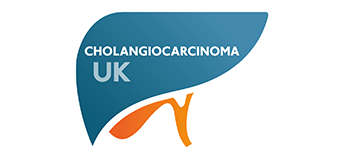Introducing AMMF’s Research Fellow
AMMF was delighted to report a few months ago that it had been agreed with Imperial College that the charity would fund a Research Fellowship for a year.
Dr Abigail Zabron has now begun her research work and has written to AMMF introducing herself, describing what led her to embark on cholangiocarcinoma research, and outlining what she hopes to achieve. I’m sure we all wish her the very best with her research.
“It is a great privilege to accept the support of AMMF in the form of a Research Fellowship to study cholangiocarcinoma.
I was originally drawn to science by an innate curiosity about how things work in the world around me, and this led me to study biology at BSc level at Bristol University, and to follow this with a PhD at Emmanuel College, Cambridge, studying the molecular pathways by which different parts of the plant cell communicate with each other.
During this time I realised my interests lay in applying a scientific understanding to patient care, and I then retrained as a medical doctor at the Royal Free & University College Medical School, and have deeply enjoyed my work ever since.
It was in my first year after qualifying, when working for a hepatobiliary surgeon, Professor Brian Davidson at the Royal Free, that I came across patients with cholangiocarcinoma, and began to appreciate the particular difficulties, especially for the patients and their families, of dealing with a disease so difficult to treat, and about which so much remains to be discovered. So often we as doctors cannot even offer any explanation about why this has happened.
After taking up a post as a Gastroenterology Registrar at Imperial AHSC, where there is a particular clinical interest and expertise in biliary tract cancers, these difficulties have been brought home to me again. I am sure there is so much more we should be able to do, and that a better understanding of this disease is core to moving forward in improving treatment. As a scientist, trying to unpick the genetic, environmental and life-style factors which combine to allow the disease to develop is truly fascinating, but the importance of improving the situation for my patients gives this a real imperative for me as a doctor.
This Research Fellowship funded by AMMF allows me to step away from my clinical training for a while, and to concentrate on research full time. I have been fortunate in joining Dr Shahid Khan and Professor Simon Taylor-Robinson’s Cholangiocarcinoma Research Group at Imperial College London. I hope my work during this fellowship will add to our understanding of this disease, so that we may be better able to predict, prevent or treat it in the future, but also help in developing new understanding and diagnostic tests in the shorter term.
For example, our group has recently identified possible protein “fingerprints” in blood samples of patients with cholangiocarcinoma. I am currently exploring the best way to take this work further in order to identify the proteins that result in these patterns, using the proteomics facilities available at Imperial College.
My previous pilot work using different proteomic techniques has shown that we can identify specific proteins in bile fluid itself, reflecting different diseases around the bile ducts, and I am applying the same techniques to bile from patients with cholangiocarcinoma. With this in mind, I am currently collecting bile from patients with blocked bile ducts from all causes, to be able to compare this with bile where cholangiocarcinoma is present.
I hope once enough samples are available and analysis complete that this will help us understand better the biological differences between a normal bile duct and malignant tissue, and enable the future development of effective diagnosis and treatment.”







